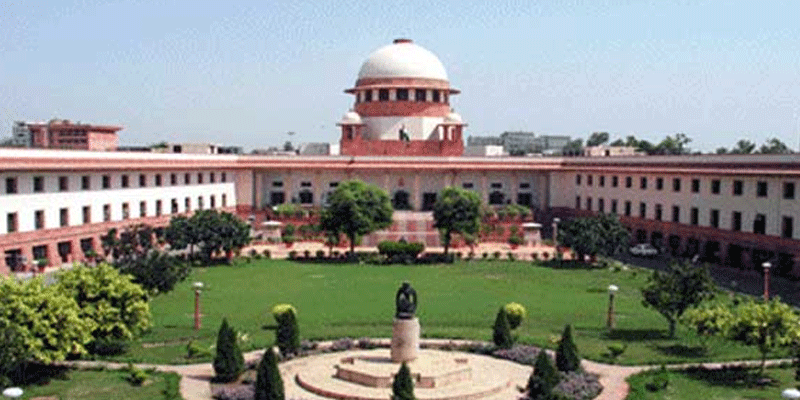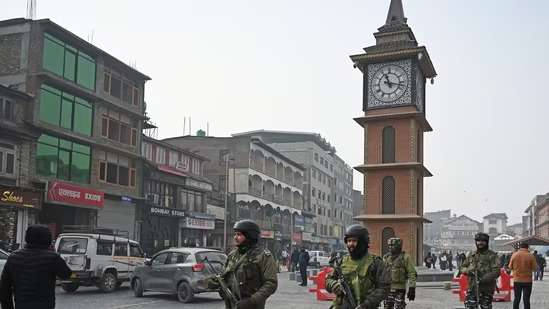
In a historic move, the Supreme Court of India resoundingly upheld the decision of the Central government made in August 2019 to abrogate Article 370, a provision that conferred special status upon the erstwhile state of Jammu and Kashmir.
Pakistan’s Dismissal of the Verdict
Despite the unanimous decision by the Indian Supreme Court, Pakistan promptly declared the ruling to have “no legal value” in the realm of international law. Pakistan’s stance rests on the assertion that New Delhi’s actions on August 5, 2019, were both “unilateral and illegal.”
International Law and Unilateral Actions
Caretaker Foreign Minister Jalil Abbas Jilani, in a press conference in Islamabad, emphasized that according to international law, India’s actions lacked recognition. He argued that the Kashmiri people possess an inalienable right to self-determination, a right echoed in relevant UN Security Council resolutions.
Pakistan’s Rejection and UN Involvement
Jilani categorically rejected the Indian Supreme Court’s judgment on the status of Jammu and Kashmir, labeling it a “travesty of justice.” He reiterated that the final resolution of the internationally-recognized dispute lies in compliance with UN Security Council Resolutions and the aspirations of the Kashmiri people.
Disputing Indian Constitution’s Supremacy
Pakistan vehemently disavowed the supremacy of the Indian Constitution over Jammu and Kashmir, claiming any process adhering to it holds no legal significance. The minister stressed that India cannot evade its international obligations through domestic legislations and judicial verdicts.
Strained India-Pakistan Relations
The strained relations between India and Pakistan, exacerbated by the Kashmir issue and cross-border terrorism, reached new lows post the abrogation of Article 370. India consistently maintains that Kashmir is an internal matter, expressing a desire for normal, friendly relations in a terror-free environment.
Allegations of Demographic Changes
Gilani accused India of pursuing “unilateral and illegal measures” since August 5, 2019, aimed at altering the demographic structure and political landscape of Kashmir. He asserted that these measures must be reversed to pave the way for peace and dialogue.
Pakistan’s Commitment to Kashmir
Affirming unwavering support, Pakistan pledged to continue its political, diplomatic, and moral backing for the people of Kashmir in realizing their right to self-determination. Plans to convene a meeting of stakeholders were announced to determine the future course of action.
Emphasis on Peace at LoC
In response to inquiries, Pakistan expressed a desire for peace along the Line of Control (LoC) post the Supreme Court’s decision, aiming to prevent an escalation of militancy in Kashmir.
Political Reactions in Pakistan
Former Prime Minister Shehbaz Sharif criticized the verdict, branding it a “biased decision” that violates international laws and undermines UN resolutions. He predicted that the freedom movement in Kashmir would gain strength.
Bilawal Bhutto Zardari’s Perspective
Bilawal Bhutto Zardari, chairman of the Pakistan Peoples Party, echoed the sentiment, asserting that India’s actions defy international laws and UN resolutions. He emphasized that neither the Indian parliament nor courts can rewrite international agreements.
In conclusion, Pakistan’s response to the Supreme Court’s verdict reflects a steadfast commitment to the Kashmir cause, rooted in international legal frameworks and the aspirations of the Kashmiri people. The regional dynamics continue to evolve, with implications for peace and stability in the region.



